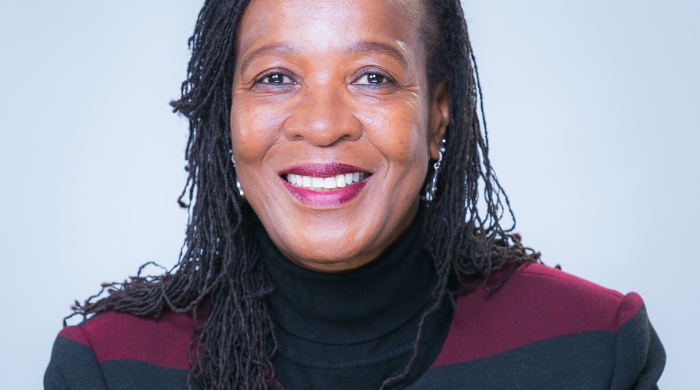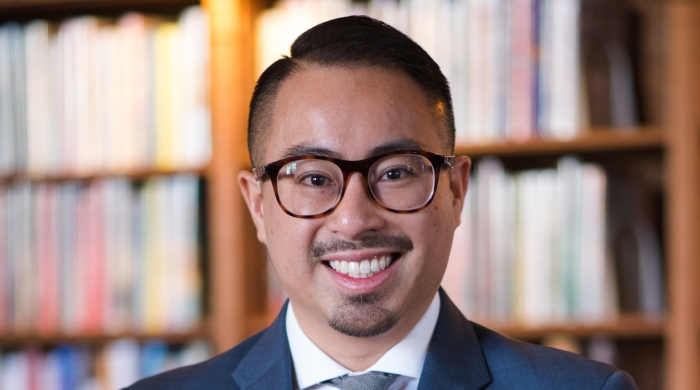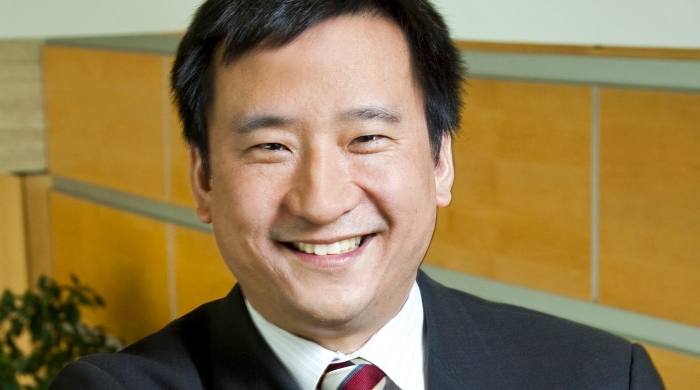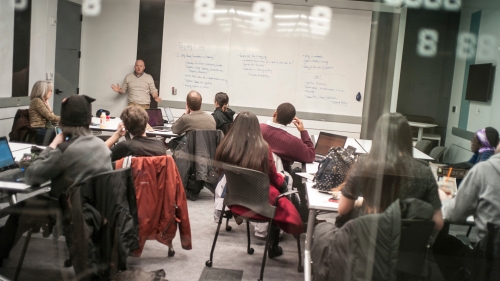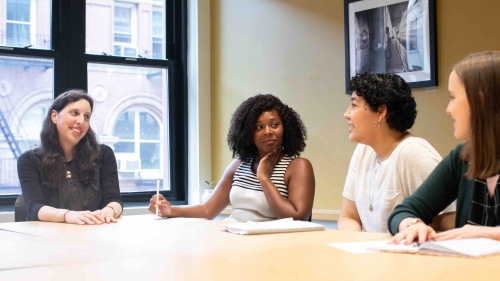Teboho Moja and Ann Marcus, professors of higher education at NYU Steinhardt, discussed past, present, and future with the University of Johannesburg’s Thandi Lewin.
On February 4, the Steinhardt Institute for Higher Education Policy (SIHEP) hosted South Africa: Higher Education Challenges for 2025, a virtual discussion on efforts to reform the country’s system of higher education to provide opportunity and success for Black South Africans.
The discussion featured Teboho Moja, professor of higher education at NYU Steinhardt, and Thandi Lewin, associate professor at the University of Johannesburg. Moja is an expert on international higher education and is active in leading research collaboratives in Africa, and Lewin is an expert on governance, gender issues, access, and student success in South African universities.
Moja gave a brief overview of many post-apartheid changes that have affected the higher education system in South Africa, including demographic changes (the population of Black South Africans has risen to 91 percent since 1994, while the population of white South Africans has decreased to 7.3 percent). Economic and social transformation, urbanization shifts, and affirmative action policies have had mixed impact on society.
“Black South Africans have gained greater access to education and employment since the end of apartheid, but economic disparities remain significant,” said Moja. “People in South Africa talk about the white capitalist monopoly; the money is still in the hands of the small white population. More South Africans live in cities post-apartheid, but this has created challenges in housing, infrastructure, and employment. Townships, which are the historically segregated areas, have seen mixed growth in which some have been provided with infrastructure and facilities that didn’t 30 years ago, like paved roads and electricity, while others have not.”
In addition to these challenges, Lewin also discussed the “push and pull of internal and external pressures” that South Africa has experienced.
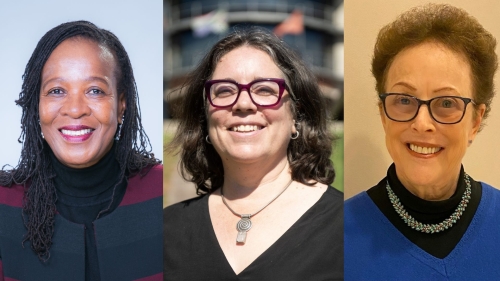
Teboho Moja, Thandi Lewin, and Ann Marcus
“We have been undergoing a massive transformation of our own higher education system because of the inequalities of the past, in which all of our universities had been developed and funded according to race and language-based determinants from apartheid,” said Lewin. “At the same time, South Africa's universities suddenly became part of the modern global higher education system, which brought new challenging issues.”
Some positive key trends over the last 30 years in the South African higher education system include a growing number of students in both public and private universities, as well as a large increase of Black students (55 percent in 1994 vs. 89 percent in 2022).
“For the first time, the higher education system is beginning to actually reflect the demographics of our population,” said Lewin. Additionally, women are the majority of the student population as they are in many parts of the world, representing 62 percent of university students in South Africa.
Areas where improvement is still needed include increasing overall participation rate in higher education (currently 25 percent, compared to 50 percent in the United States); improving graduation rates; increasing capacity to take on more students who qualify to enter higher education; and continuing to diversify university staff and leadership, both in terms of race and gender.
The event was part of a series of sessions held by SIHEP that focus on higher education in particular countries that have an area of special interest, such as pedagogical experimentation or racial progress.
“Higher education in America has a long history, and so we have old traditions and old systems and many interesting institutions, and it’s fascinating to note that the rest of the world did not follow our example,” said Ann Marcus, director of SIHEP and professor of higher education at Steinhardt, in her opening remarks. “It’s important for SIHEP to hold these types of presentations so we can look at other countries to see the similarities, but also the significant differences. In this way, we can better understand other countries, but also our own.”
Related Articles
Professor Teboho Moja Invited to Speak at the World Science Forum in Cape Town, South Africa
The Forum included representatives from leading global science organizations and explored the role of science in advancing social justice.
Study Shows How Higher Education Supports Asian American, Native Hawaiian, and Pacific Islander Students Through Culturally Relevant Courses, Programs, and Research
Analysis of minority-serving institutions on the East and West Coasts demonstrates layered processes to build students’ capacities.
NYU Steinhardt Hosts Queens College President, Frank H. Wu
The NYU Steinhardt Institute for Higher Education Policy hosted the event, “Asian Americans in the Ivory Tower.”
Related Programs
Related Department
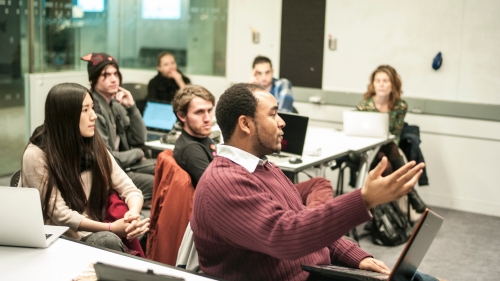
Administration, Leadership, and Technology
Department of Administration, Leadership, and Technology
82 Washington Square East, 7th floor
New York, NY 10003
Tel: 212-998-5520
Email: alt@nyu.edu

